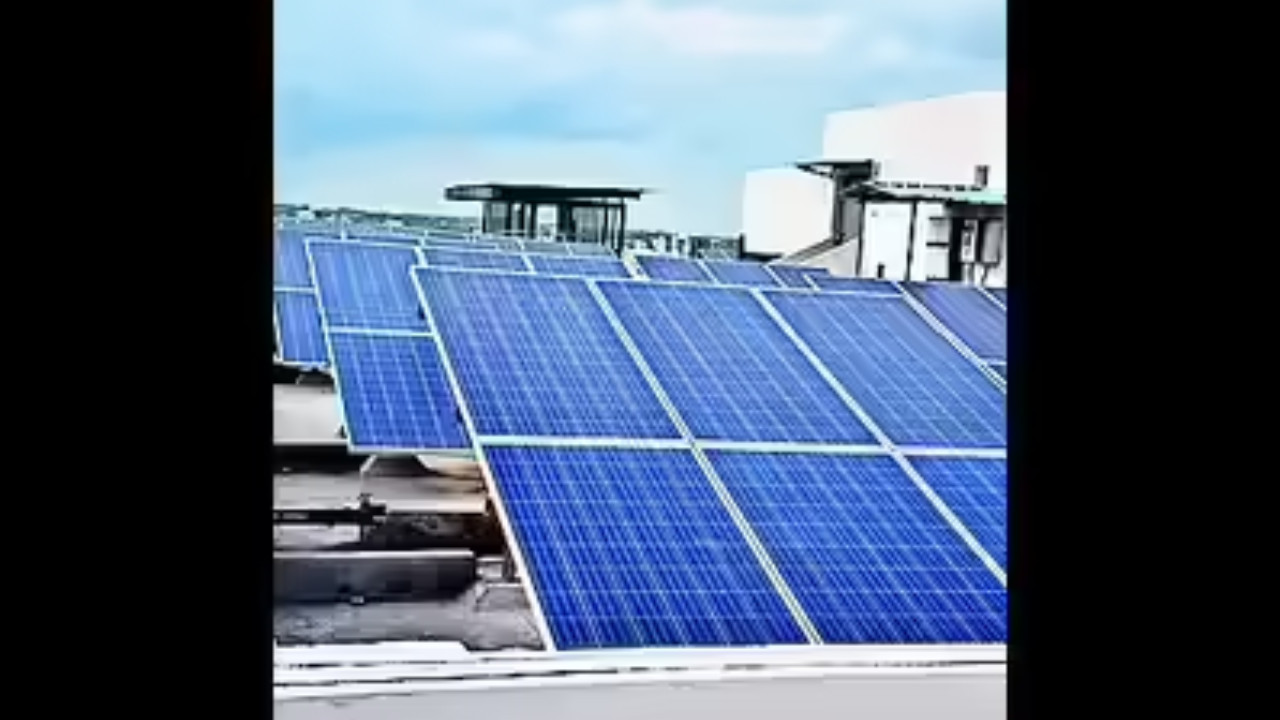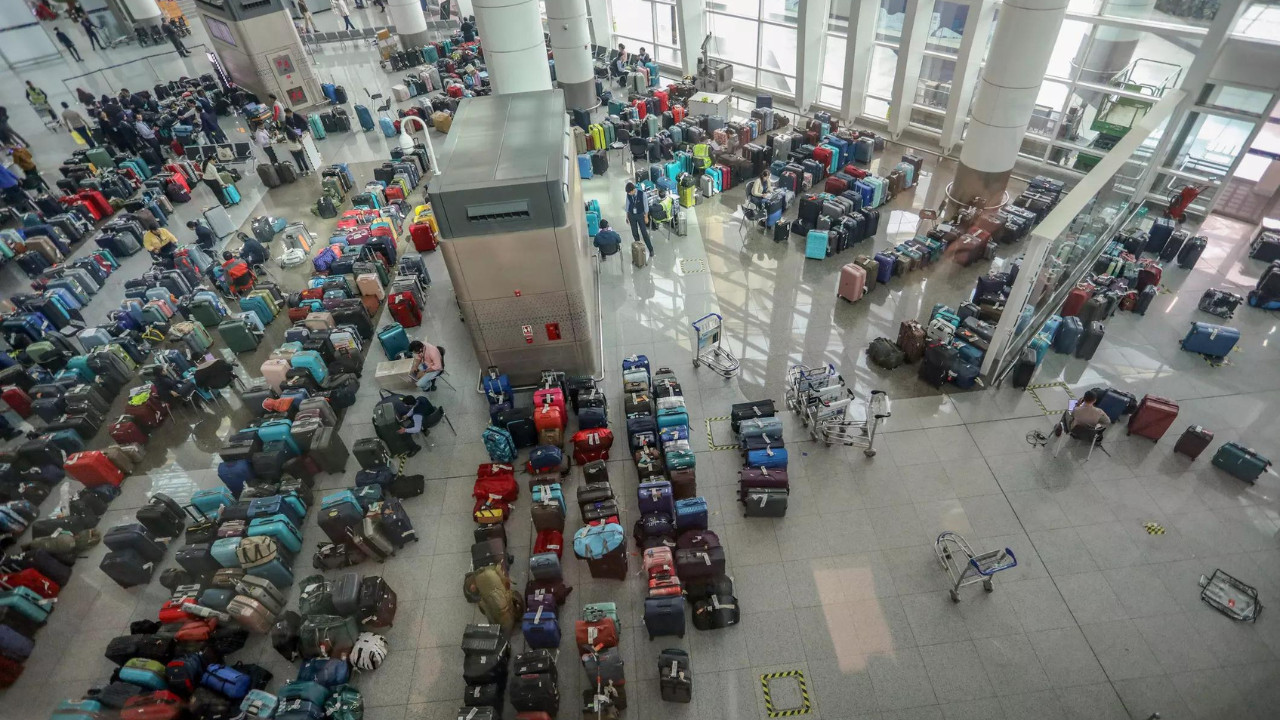US Solar Panel Manufacturers Seek Tariffs on India, Indonesia, and Laos: A Turning Point for Clean Energy?
The sun, usually associated with warmth and renewable energy, finds itself at the center of a brewing trade storm. A coalition of US-based solar panel manufacturers has recently petitioned the government, requesting the imposition of tariffs on solar imports from India, Indonesia, and Laos. This move, they argue, is crucial to protect their investments and ensure fair competition in a rapidly evolving market. But what does this mean for the future of solar energy, both domestically and globally?
The petition, filed with the US Department of Commerce and the International Trade Commission, alleges that solar panel manufacturers in these three Southeast Asian nations are “dumping” their products in the US market. This means they’re supposedly selling panels at prices below their production cost or below fair market value, unfairly undercutting American companies. The coalition claims this practice undermines billions of dollars invested in expanding US solar manufacturing capacity.
The stakes are undeniably high. The US solar industry has experienced significant growth in recent years, fueled by government incentives and increasing consumer demand for renewable energy sources. This push to “go green” has seen substantial investments in domestic manufacturing. Imposing tariffs, the manufacturers contend, would level the playing field, allowing them to compete more effectively and continue driving innovation within the US. <img src="solar-panel-installation.jpg" alt="Solar panels being installed on a rooftop, representing the growing demand for renewable energy and US solar panel manufacturing.” width=”600″ height=”400″>
However, this isn’t a simple case of protecting American jobs. Critics of the petition warn that tariffs could significantly increase the cost of solar panels in the US, potentially slowing down the deployment of solar energy projects across the country. This could hamper efforts to meet ambitious renewable energy targets and reduce carbon emissions. After all, cheaper solar panels mean wider adoption and faster progress towards a cleaner energy future.
Furthermore, imposing tariffs could have broader geopolitical implications. India, Indonesia, and Laos are all important players in the global solar supply chain. Disrupting this supply chain could lead to retaliatory measures and trade disputes, further complicating international relations. It’s a delicate balancing act between protecting domestic industries and fostering international cooperation on climate change.
The Impact on Solar Energy Costs: Will Your Installation Get More Expensive?
One of the primary concerns surrounding these potential tariffs is the impact on the cost of solar energy for consumers and businesses. If imported panels become more expensive, the overall cost of solar installations will inevitably rise. This could make solar energy less accessible to some, particularly lower-income households and smaller businesses. The question is, how significant would this price increase be, and could it derail the momentum of the solar revolution?
Why Focus on India, Indonesia, and Laos?
The selection of these specific countries highlights the complex dynamics of the global solar supply chain. These nations have emerged as significant exporters of solar panels, often relying on components sourced from other countries, including China. The US manufacturers argue that these countries are essentially conduits for Chinese manufacturers seeking to circumvent existing trade barriers. Disentangling these complex supply chains and determining the true origin of solar panels is a challenging task, but a necessary one for ensuring fair trade practices.
Navigating this situation requires careful consideration of all stakeholders. Finding a solution that supports domestic manufacturing, promotes affordable solar energy, and avoids unnecessary trade conflicts is a daunting challenge. The Department of Commerce and the International Trade Commission will now undertake thorough investigations to determine whether the allegations of dumping are valid and whether tariffs are warranted. Their decisions will have far-reaching consequences for the US solar industry and the global fight against climate change. For related information, explore our article on the [latest advancements in renewable energy technology](related-article-url).
The decision to impose tariffs on solar panels from India, Indonesia, and Laos is far from a foregone conclusion. It represents a pivotal moment for the US solar industry, forcing a reckoning with the complexities of global trade and the imperative of accelerating the transition to clean energy. The outcome will shape the future of solar energy in the US for years to come, impacting everything from manufacturing jobs to consumer costs and the nation’s ability to meet its climate goals.







